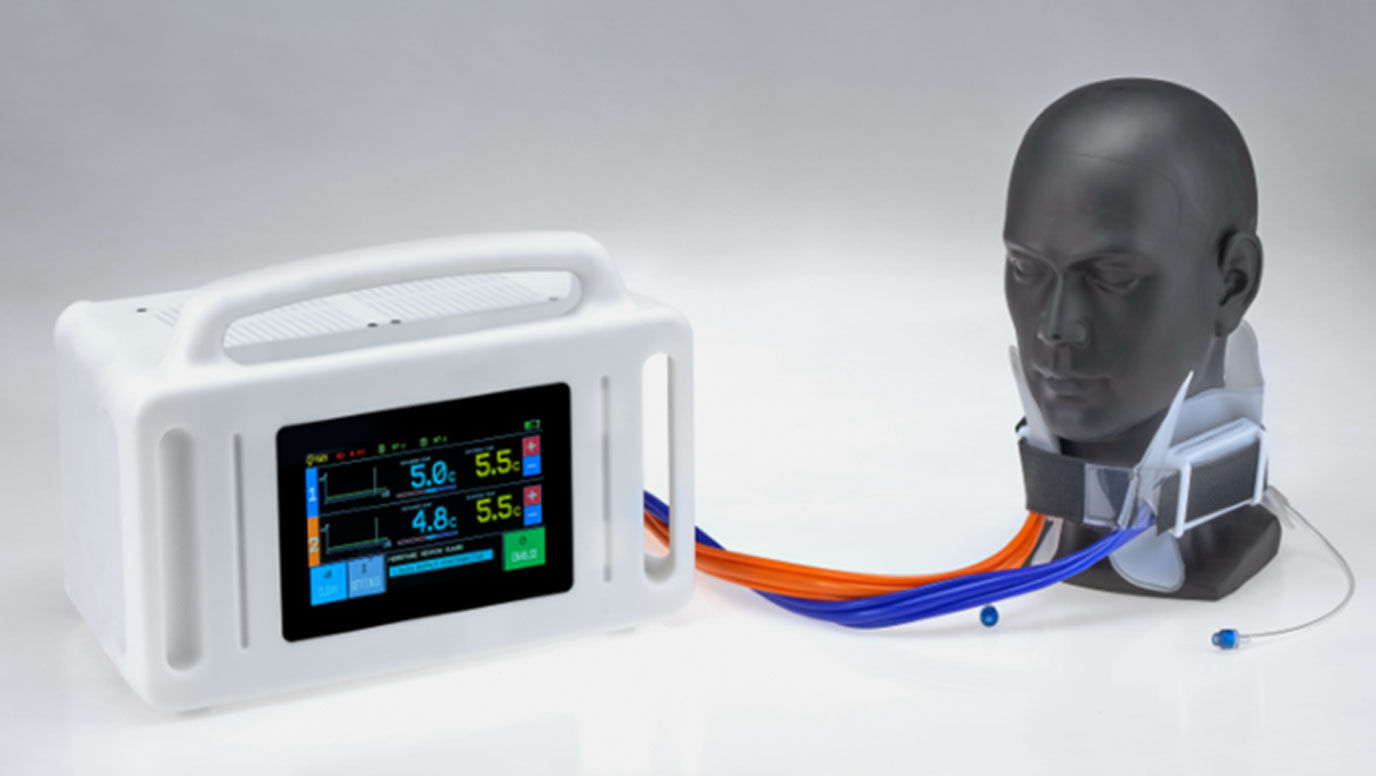April launch for brain and spine injury research hub at Addenbrooke’s Hospital

The launch is timely: In the UK someone with a brain injury enters hospital every 90 seconds – up 10 per cent since 2005 – and 1.3 million people live with traumatic brain injury-related disabilities.
The annual cost is about £15 billion based on health and social care needs, lost work, disability and premature death – around 10 per cent of the NHS annual budget.
The new Cambridge HealthTech Research Centre at Addenbrooke’s will bring together NHS partners, business and patients from across the UK, to develop technologies that improve care while patients are in hospital.
It will also examine innovations that enable patients to live more independently at home and deliver a dedicated HealthTech Fellowship training programme for health professionals and partners.
The £3m funding award comes from the National Institute for Health and Care Research (NIHR) and follows a rigorous bidding process to establish a network of 14 HealthTech Research Centres across England.
The Addenbrooke’s-based centre comes thanks to its Neurosciences Department’s record of working with patients, carers and partners and creating a national network of expertise in this area. Its commitment builds on dedicated work by the NIHR Brain Injury MedTech Co-operative (MIC).
Among the latest SMEs working with the new centre is Cambridge Cluster company NeuronGuard which based in Station Road, Great Shelford, with offices in Modena, Italy.
Its focus is on improvements to Targeted Temperature Management (TTM) – a treatment used to lower a patient’s body temperature to preserve brain function following trauma, stroke or cardiac arrest.
NeuronGuard is developing a system known as CB240_Aurora that is smaller and more portable than current devices and enables TTM treatment in non-hospital settings, such as an ambulance.
Dr Enrico Giuliani, founder of NeuronGuard, says: “We are delighted to be working in in partnership with the new Cambridge HealthTech Research Centre on technology that has the potential to save even more lives.”
Other developments involved in the project include a ‘jungle safari’ app in collaboration with Animorph Co-op, for children to follow around their ward or hospital site to keep them active.
Another, developed by digital start-up Little Journey, offers families information and a virtual tour around the Neonatal Intensive Care Unit (NICU) to make the environment feel less intimidating.
Heading the centre, which will collaborate with nearby hospitals including neighbouring Royal Papworth, will be Professor Peter Hutchinson and Mr Alexis Joannides, who are academic neurosurgeons at Addenbrooke’s.
Professor Hutchinson said: “The centre will work with industry, including SMEs and local innovation clusters across the UK to develop new medical technologies and diagnostics. This increases the chance of adoption by the NHS and others.
“Our new centre will enable us to work effectively with inventors, academics, and clinicians within the UK and beyond to identify, evaluate, and implement meaningful solutions to improve the lives of people affected by brain injury.”

